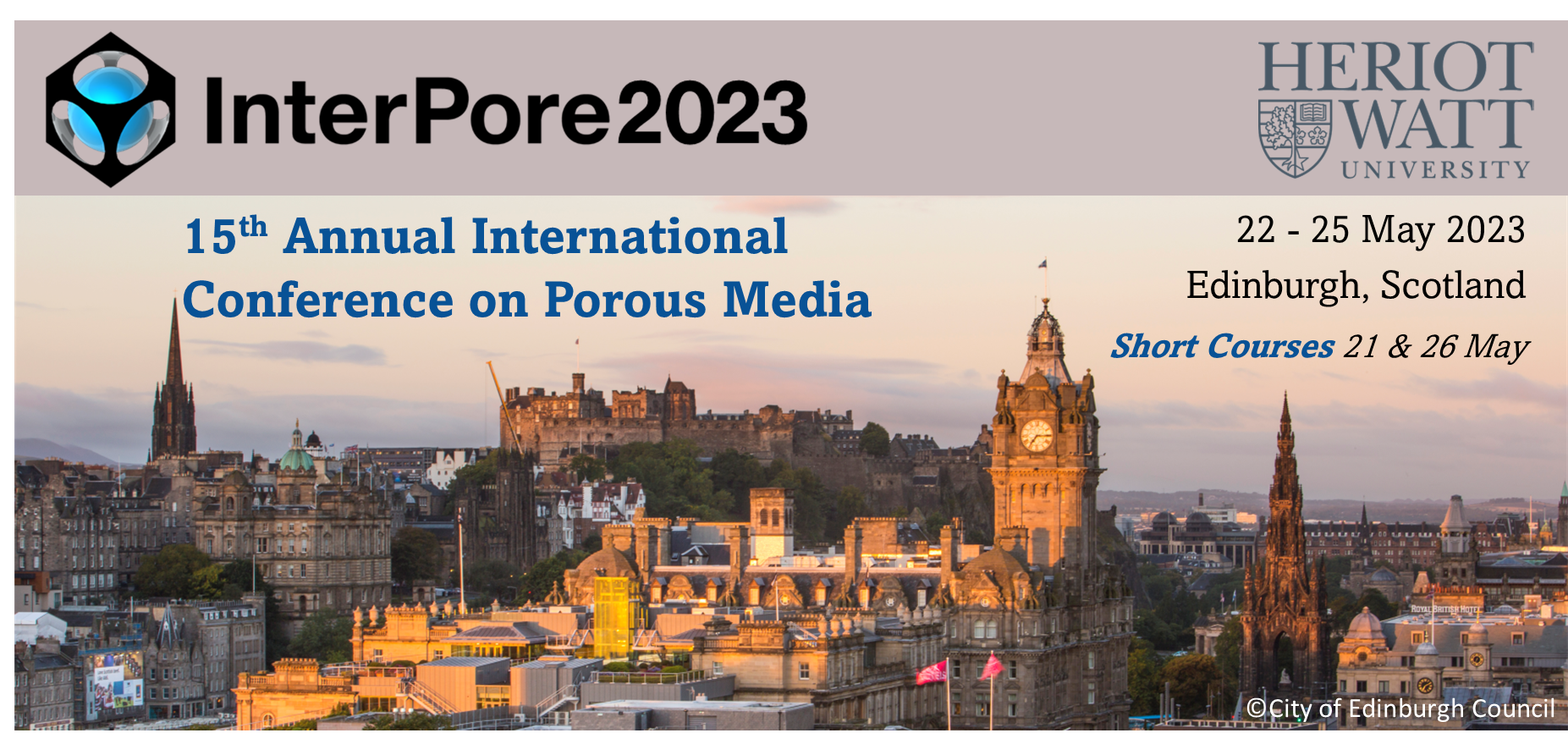Speaker
Description
Rock-groundwater interactions may substantially alter the shape and size of voids in the rocks comprising Earth’s upper crust. In carbonate aquifers, these interactions often lead to intense dissolution and the formation of extensive karstic cave systems. Recent studies show that a large portion of the known karst systems was formed by groundwaters ascending from depth (“hypogenic karst”) rather than by $\rm{CO_2}$-loaded meteoric water that infiltrated from the surface (“epigenic karst”). The hypogenic karstic cave systems often make up giant and complex mazes of caves with passages reaching hundreds of kilometers and have significant hydrogeological implications. Despite the importance of the hypogene karstic cave systems, the mechanisms of their formation have remained elusive and ill-constrained [1-2]. To address this issue, we provide herein geological, geochemical, and theoretical evidence that many hypogene karst systems were most likely formed by the interaction of carbonate country rocks with $\rm{CO_2}$-rich geothermal groundwater that rapidly ascended from depth. As the water cools, carbonate solubility increases (due to its retrograde solubility), inducing rock dissolution and cave formation on relatively short geological timescales. A numerical simulation based on this scenario produces maze-like hypogenic karst cave systems very similar to those observed in field studies and constrains the range of feasible hydrological, geological, and geochemical conditions. These conditions are very common in Earth’s crust, suggesting that the scenario proposed herein for the formation of extensive hypogene karstic caves may be ubiquitous worldwide. Finally, we demonstrate the large and relatively rapid impact of these rock-groundwater interactions on the global $\rm{CO_2}$ cycle.
References
[1] Audra, P. Palmer, A. N., Acta Carsologica. 44(2), 315-348, 2015.
[2] Klimchouk, A.B., In: White, W.B., Culver, D.C. Pipan, T. (Eds.), 3rd ed. Academic Press, New York, 974–789, 2019
| Participation | In-Person |
|---|---|
| Country | USA |
| MDPI Energies Student Poster Award | No, do not submit my presenation for the student posters award. |
| Acceptance of the Terms & Conditions | Click here to agree |







